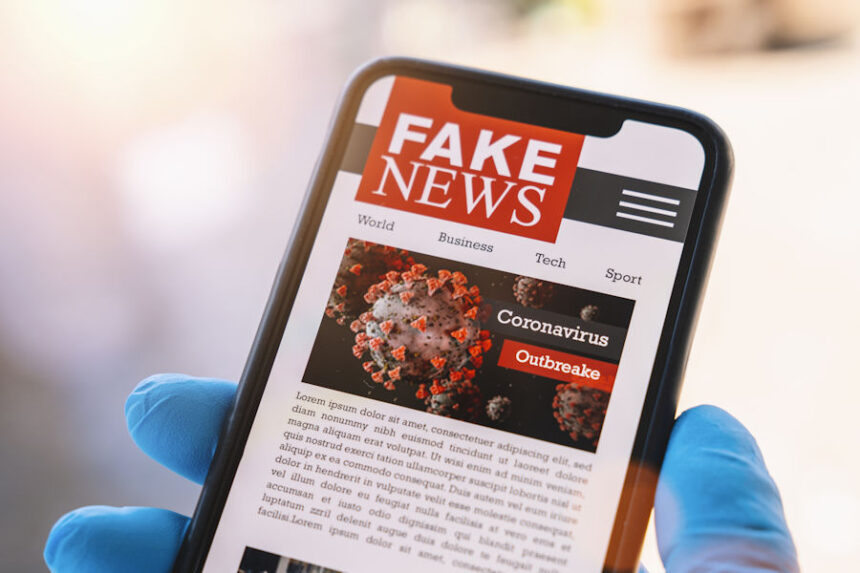
At a time when we are bombarded with an overwhelming amount of information every day, it is essential to learn how to distinguish objective and reliable content from information that advances private agendas and from that which is simply false. Are we, as educators, doing enough in this regard?
In this article published by Harvard Business Review – aimed at the corporate world, but fully applicable to education – renowned author Marcus Buckingham gives valuable advice on how to separate the wheat from the chaff. Three crucial skills stand out:
Protect yourself from WORTs – content that, intentionally or not, Weakens Our Relationship to the Truth. This can be the failure by a magazine to clearly identify sponsored content, or a social network influencer getting paid to flash a product.
Trust only error-free data. Does the source disclose how it was collected? How large was the sample? How are variables like “productivity”, “school dropout” or “crime rate” defined and measured?
Learn how to spot real expertise. Is the source qualified on the subject? Look for humility and concision: real experts are better at distilling the essential elements, whilst amateurs and pseudo-experts tend to be arrogant and verbose.
https://hbr.org/2021/06/becoming-a-more-critical-consumer-of-information